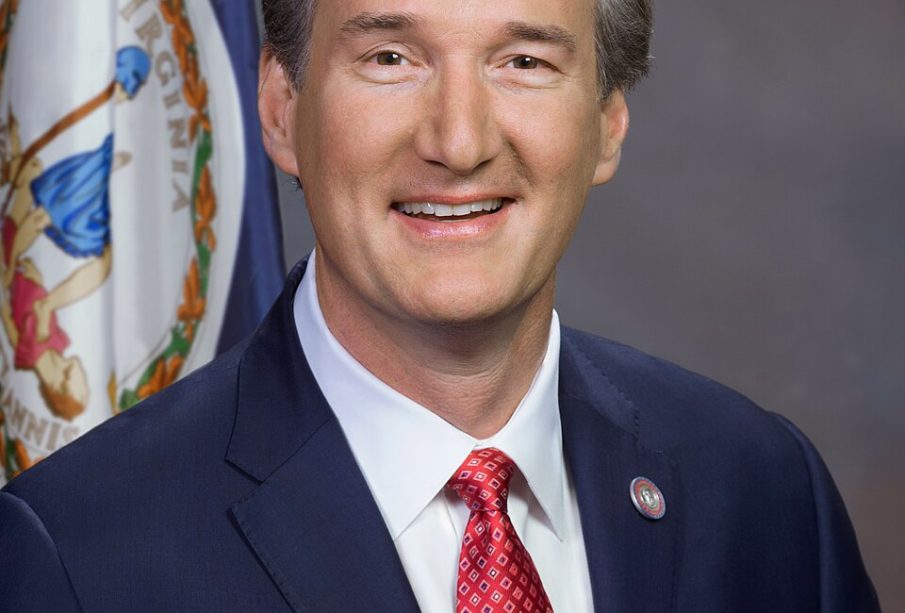Glenn Youngkin: Navigating Virginia’s Political Landscape

Introduction
Glenn Youngkin, the 74th Governor of Virginia, has emerged as a significant figure in American politics since his election in November 2021. His governance marks a pivotal point for the state, reflecting broader national trends in education, economic policy, and social issues. Understanding Youngkin’s approach and the implications of his policies is crucial, not just for Virginians but also for observers of wider political shifts in the United States.
Key Policies and Initiatives
Since taking office, Youngkin has focused heavily on educational reforms, particularly around school curricula and parental rights. His administration has championed legislation that intends to increase parental involvement in schools and address concerns over educational content, which has resonated with many families across Virginia.
Youngkin’s ‘Day One’ initiatives included a focus on lowering taxes and creating a more business-friendly environment. He has pushed for policy changes aimed at attracting new businesses and fostering economic growth, particularly in the tech and green energy industries. His administration claims that these policies have already begun to reduce unemployment rates in the state, although critics question the long-term sustainability of such growth.
Response to Controversies
Youngkin’s governorship has not been without controversy. His stances on issues such as COVID-19 management and his association with national Republican figures have drawn criticism and drawn attention both in Virginia and nationwide. The push to ban certain educational content related to race and gender has sparked protests and debates about the role of education and the way history is taught.
Most recently, in response to a series of mass shootings, he has faced pressure to address gun control issues more aggressively. While he has advocated for measures designed to enhance public safety, activists have called for comprehensive changes—including universal background checks and restrictions on assault weapons—which Youngkin has been hesitant to fully embrace.
Conclusion
Glenn Youngkin’s leadership in Virginia represents a crucial moment in both state and national politics. His focus on education reform, economic growth, and his handling of pressing social issues continue to draw divergent views from supporters and critics alike. As Youngkin navigates the challenges of leadership, including upcoming elections and potential national aspirations, his impact on Virginia’s political landscape will be significant. Observers will be closely watching his policies and the reactions they provoke, as they may serve as a bellwether for Republican strategy in the coming years.








